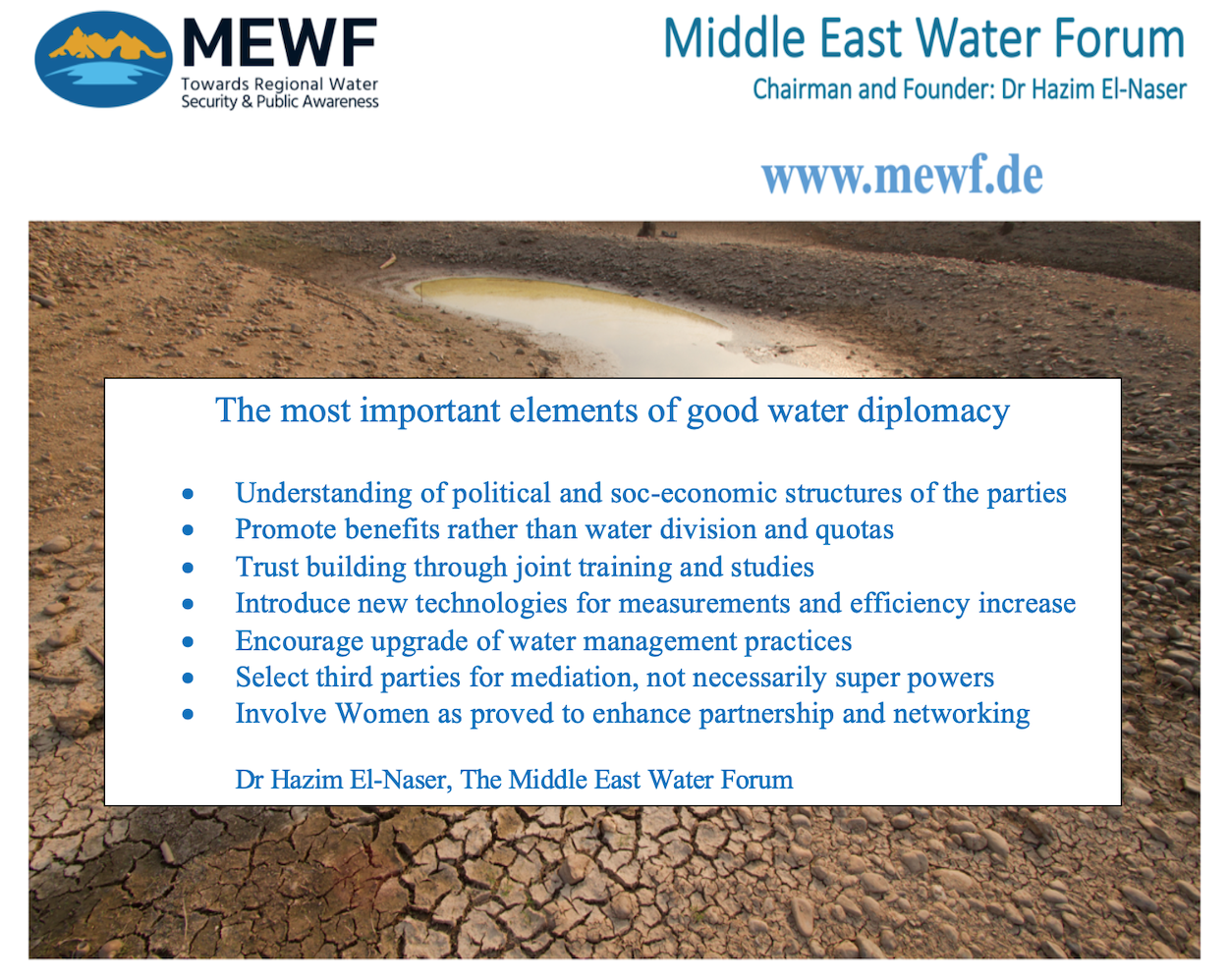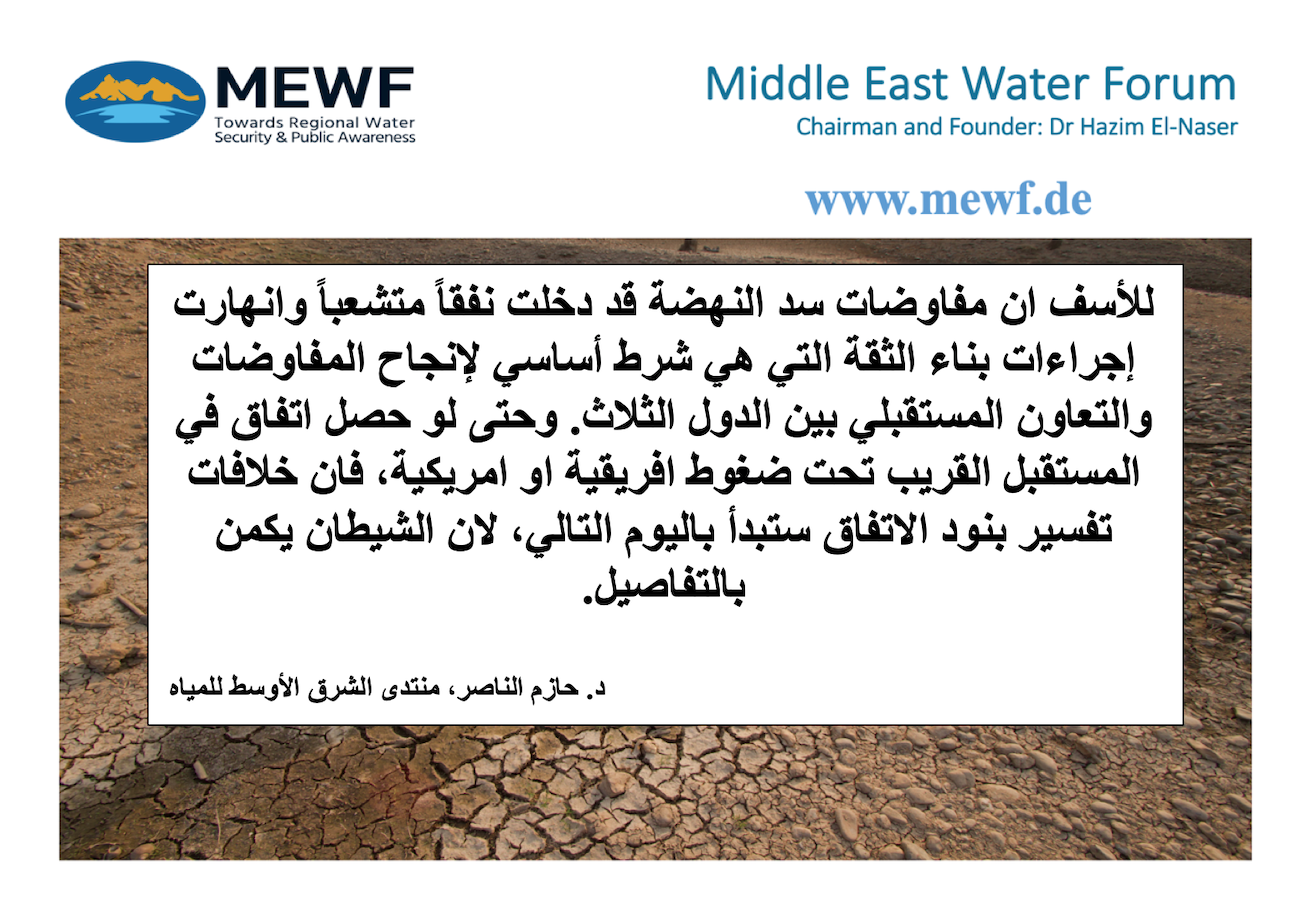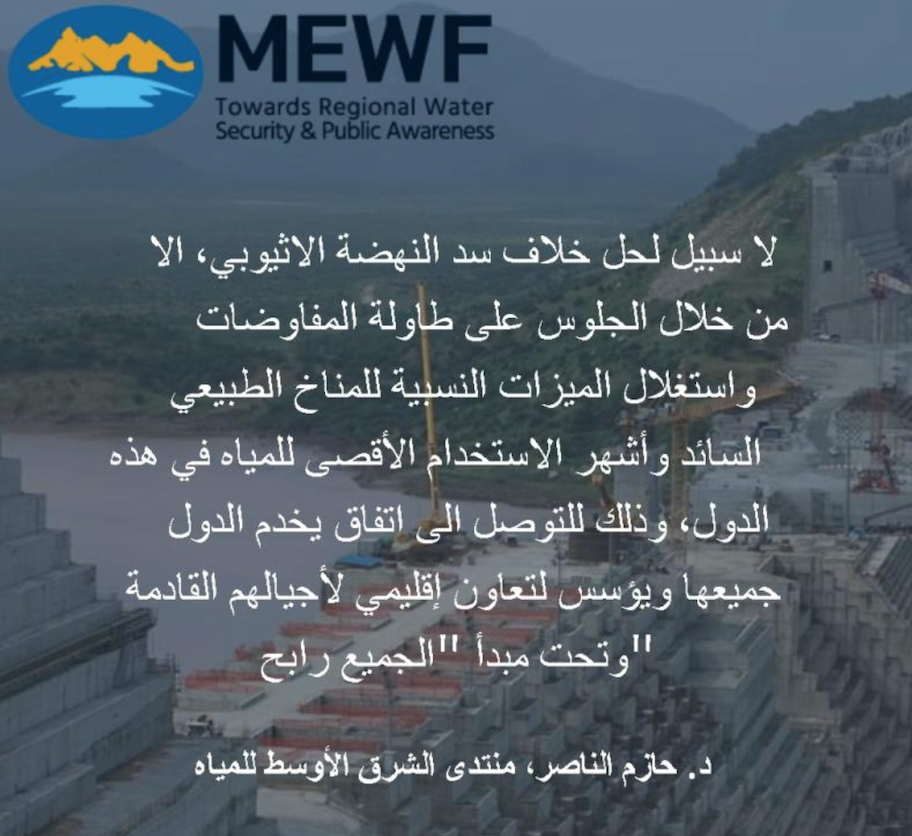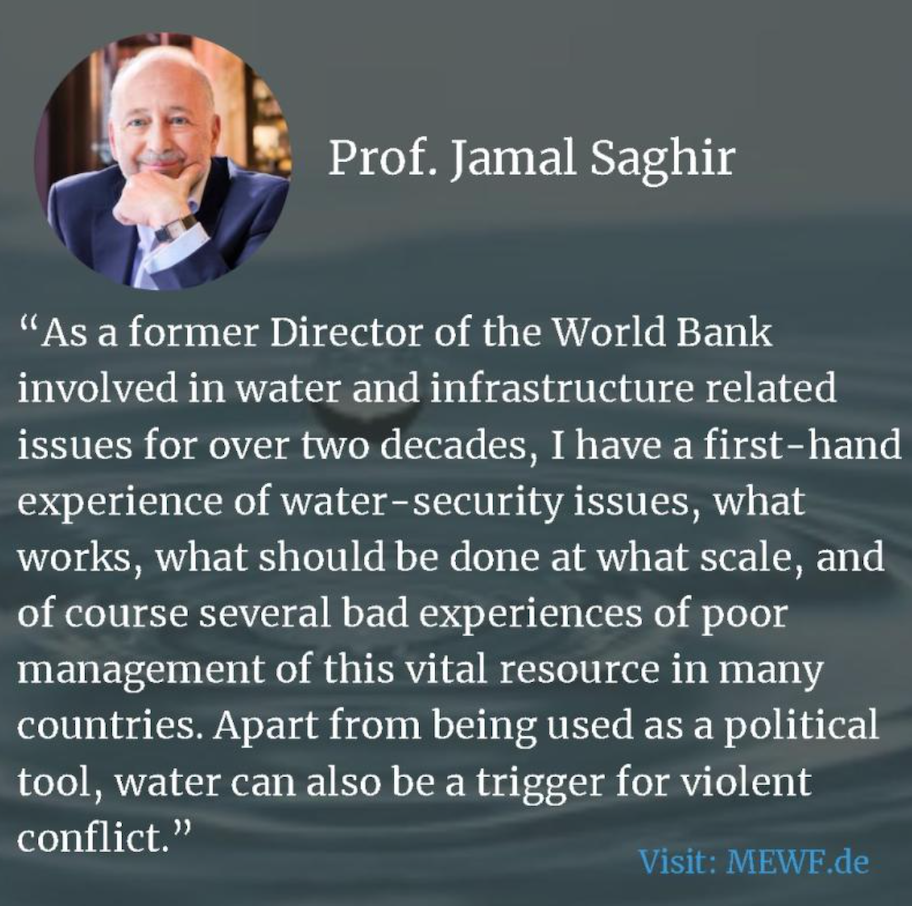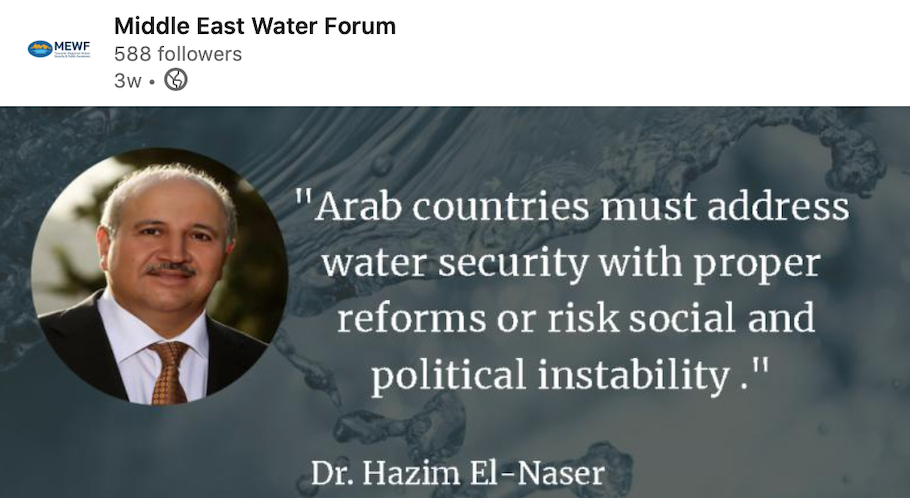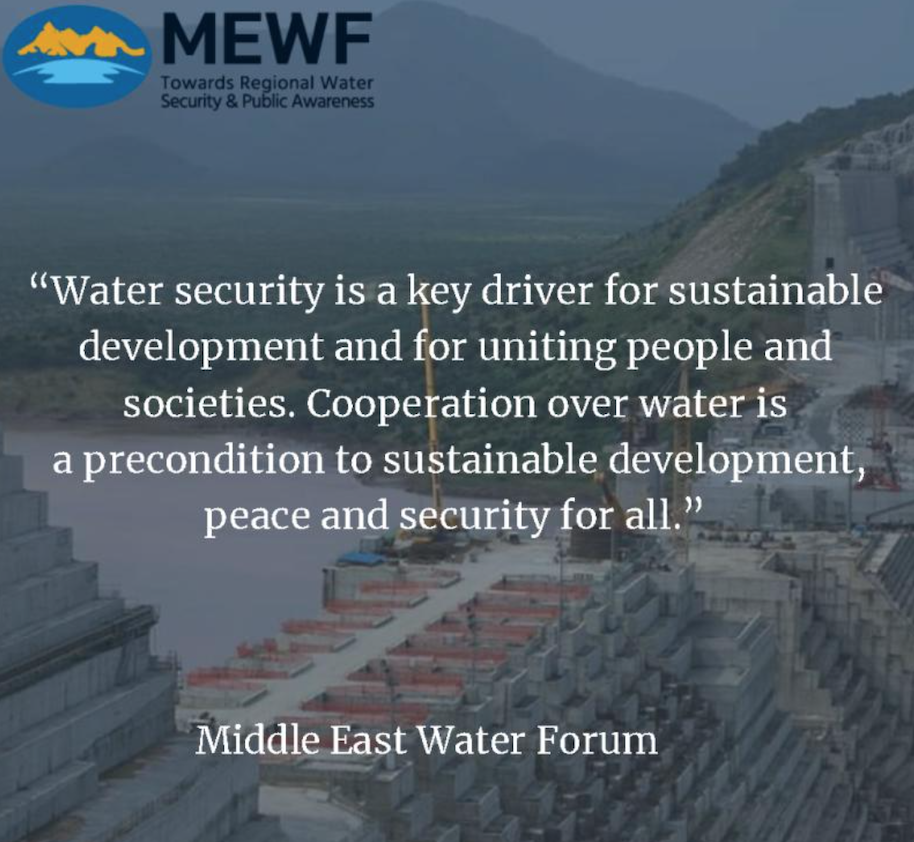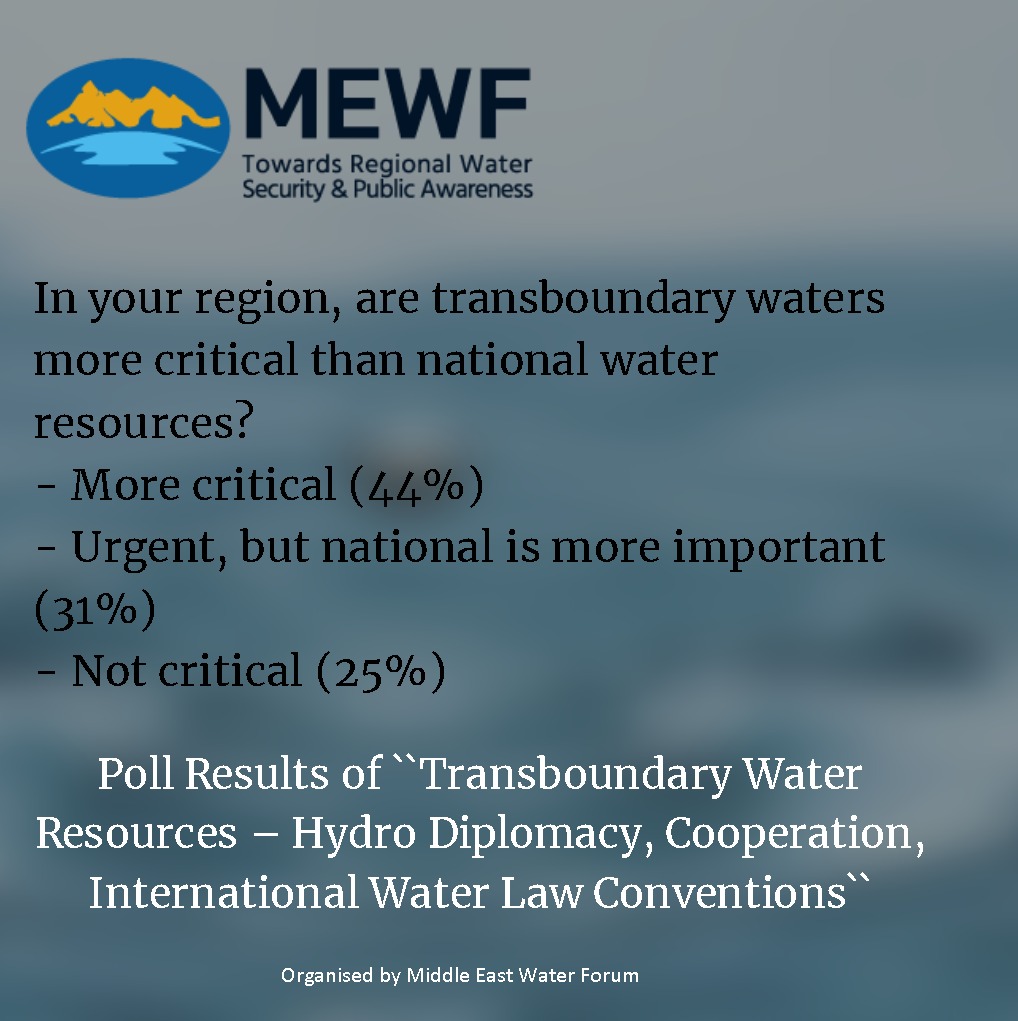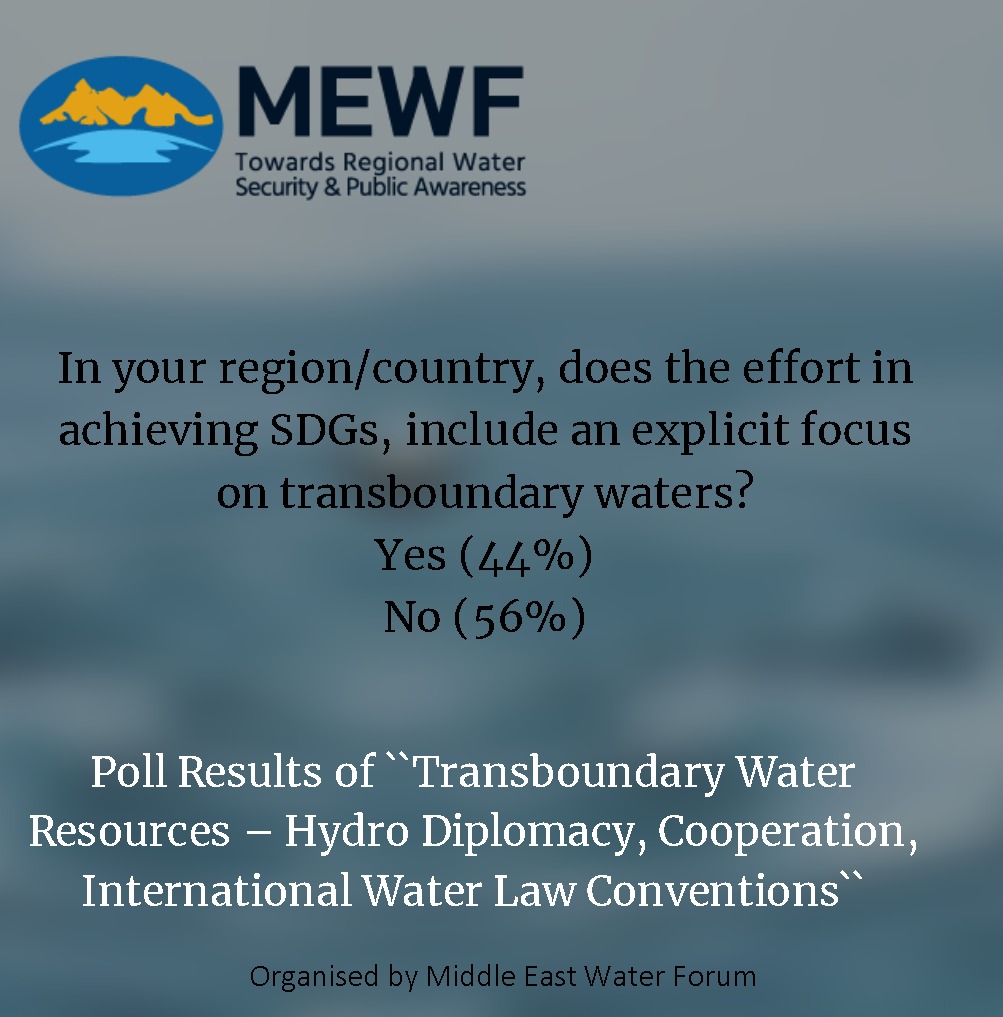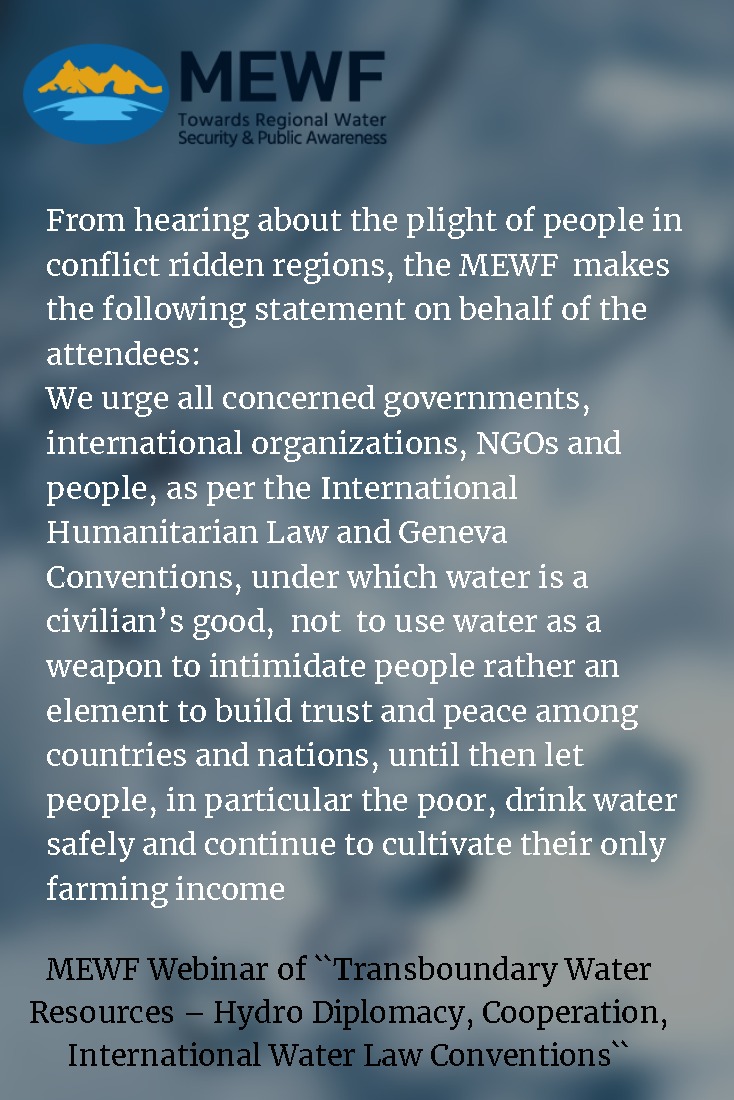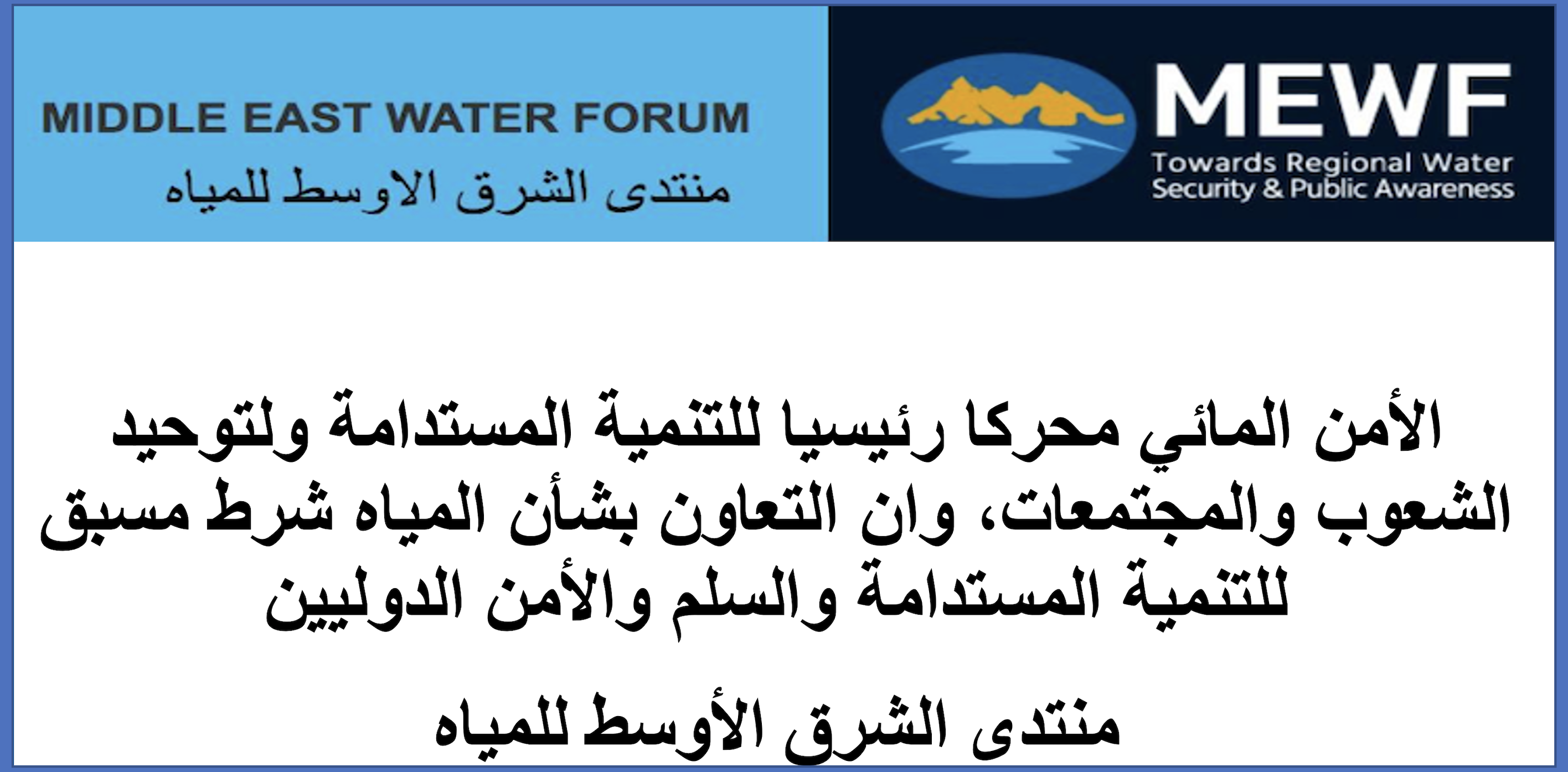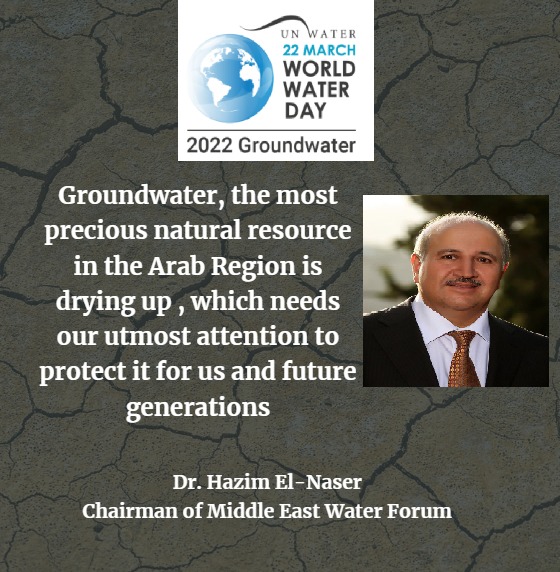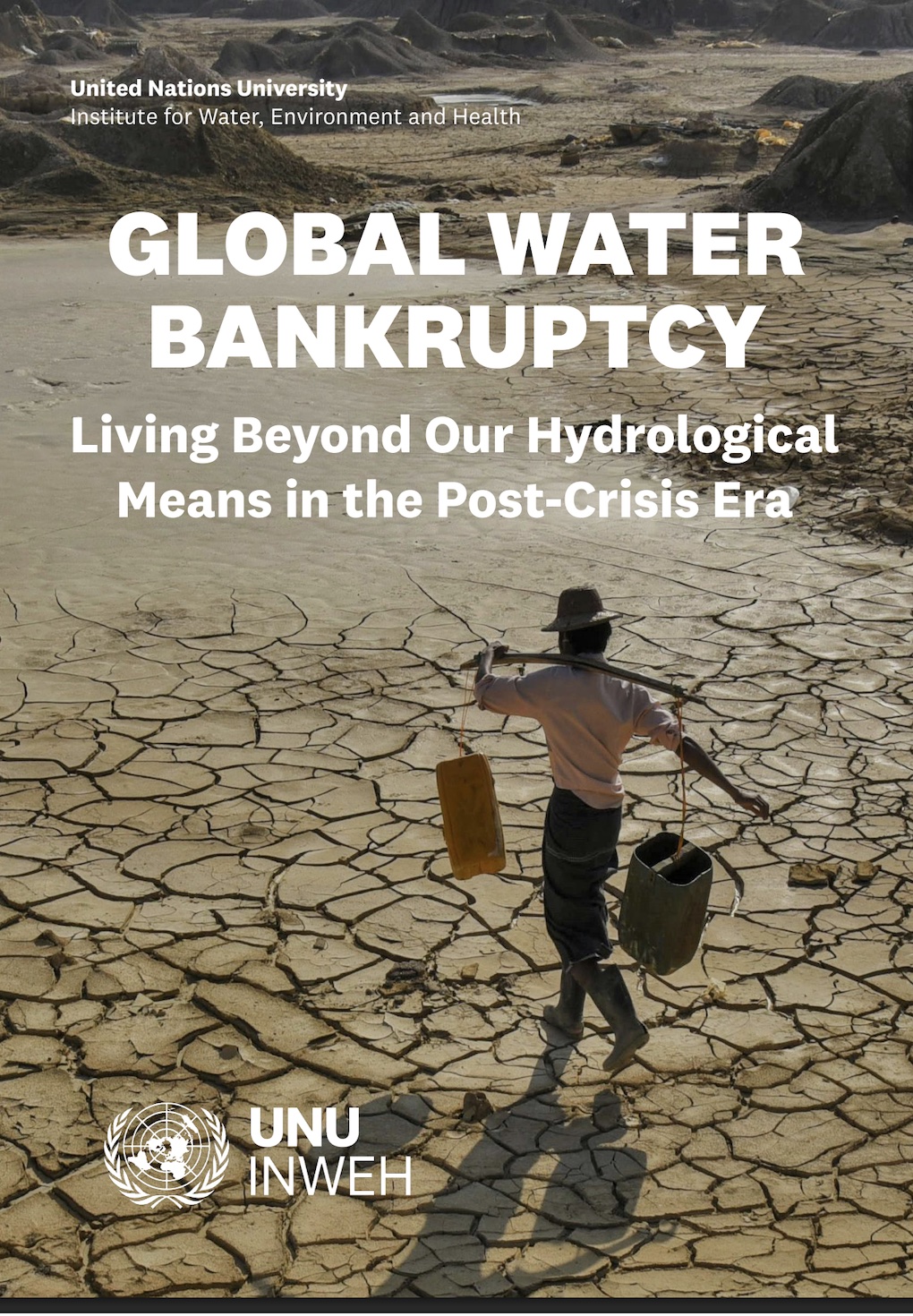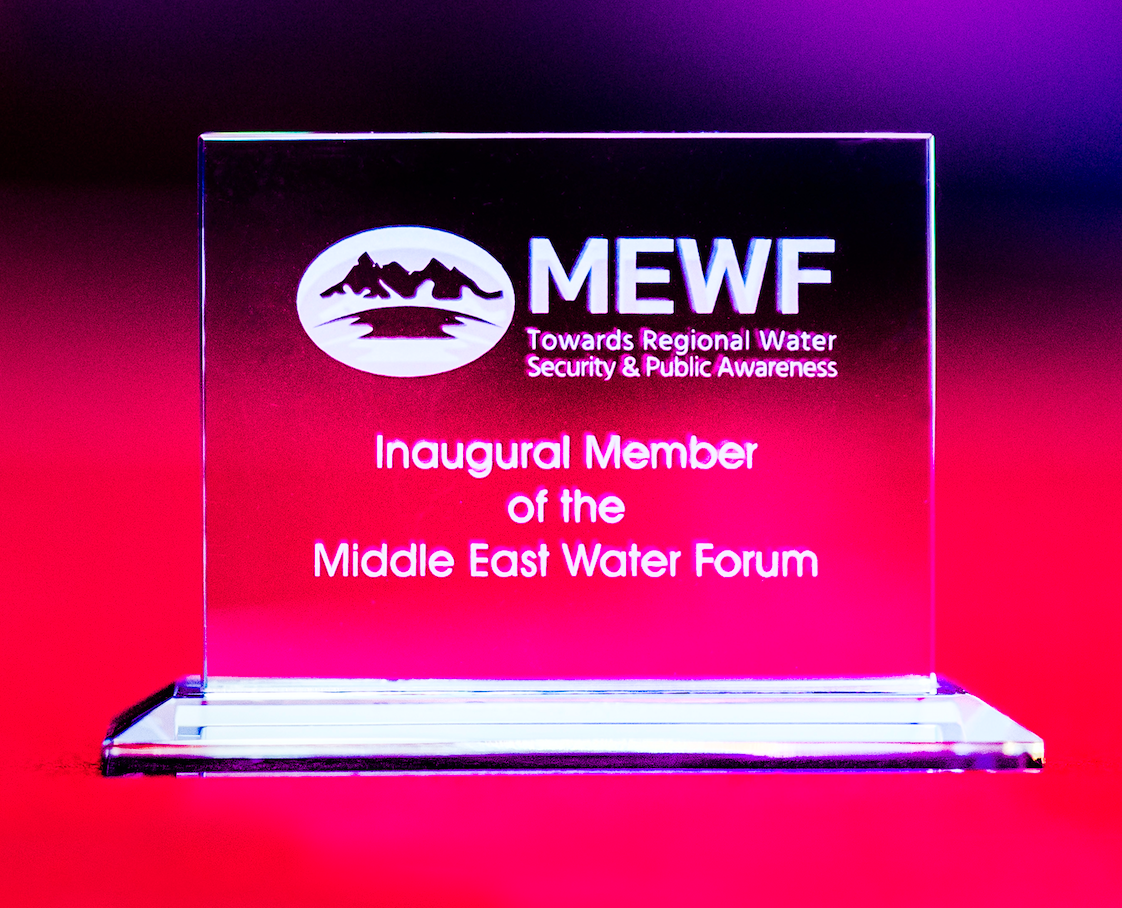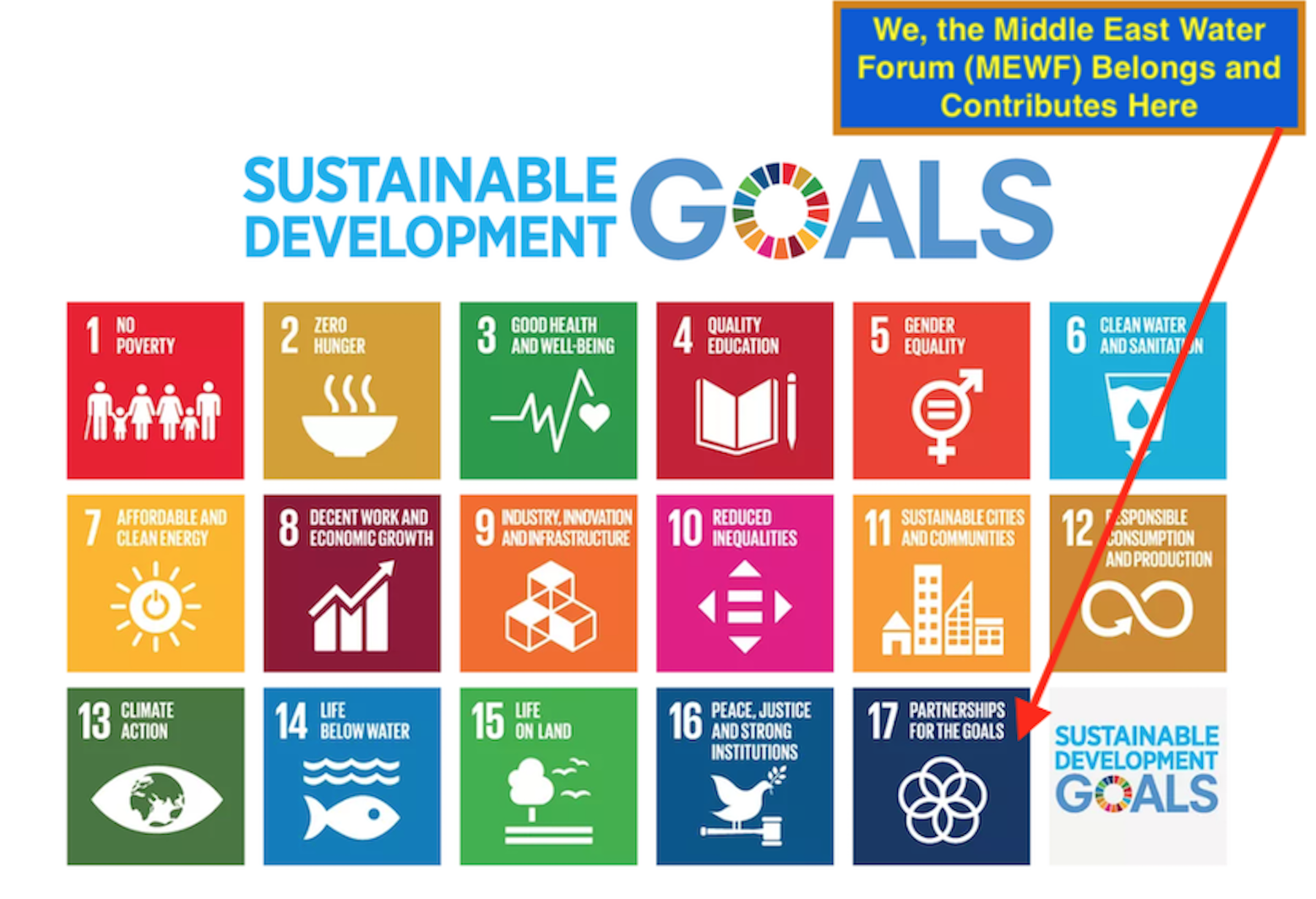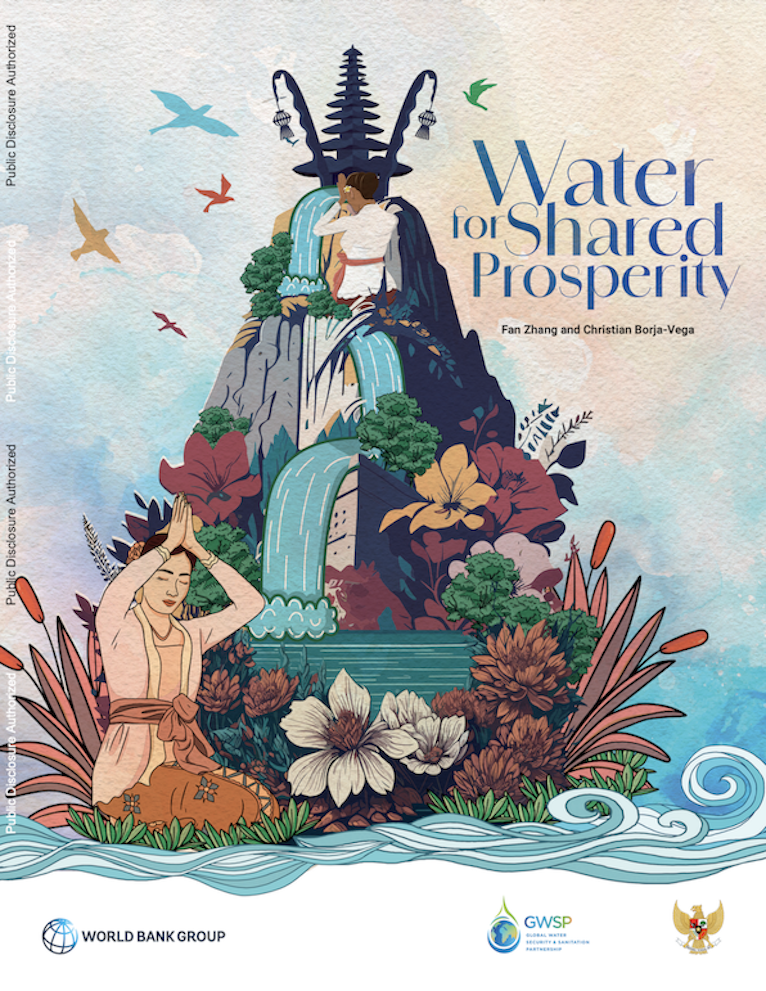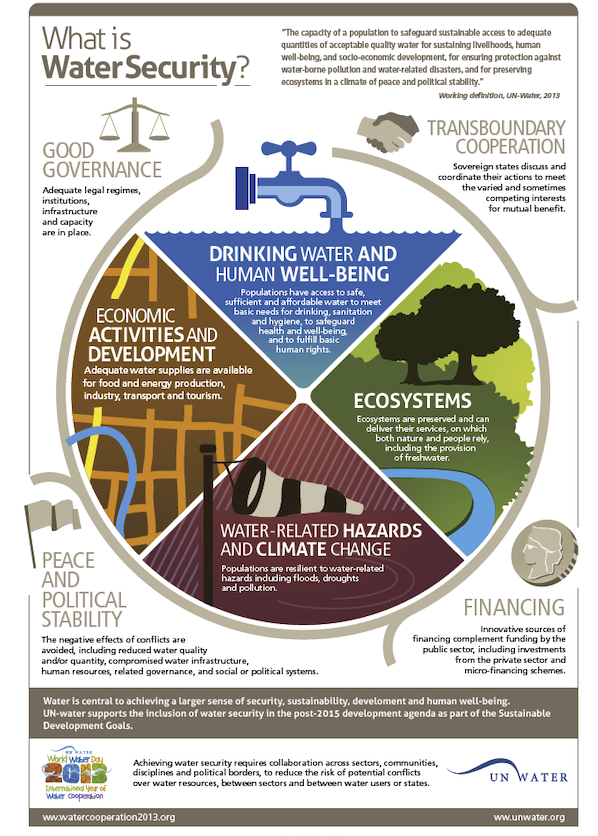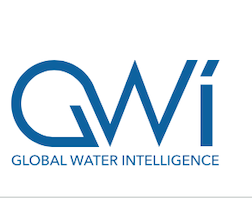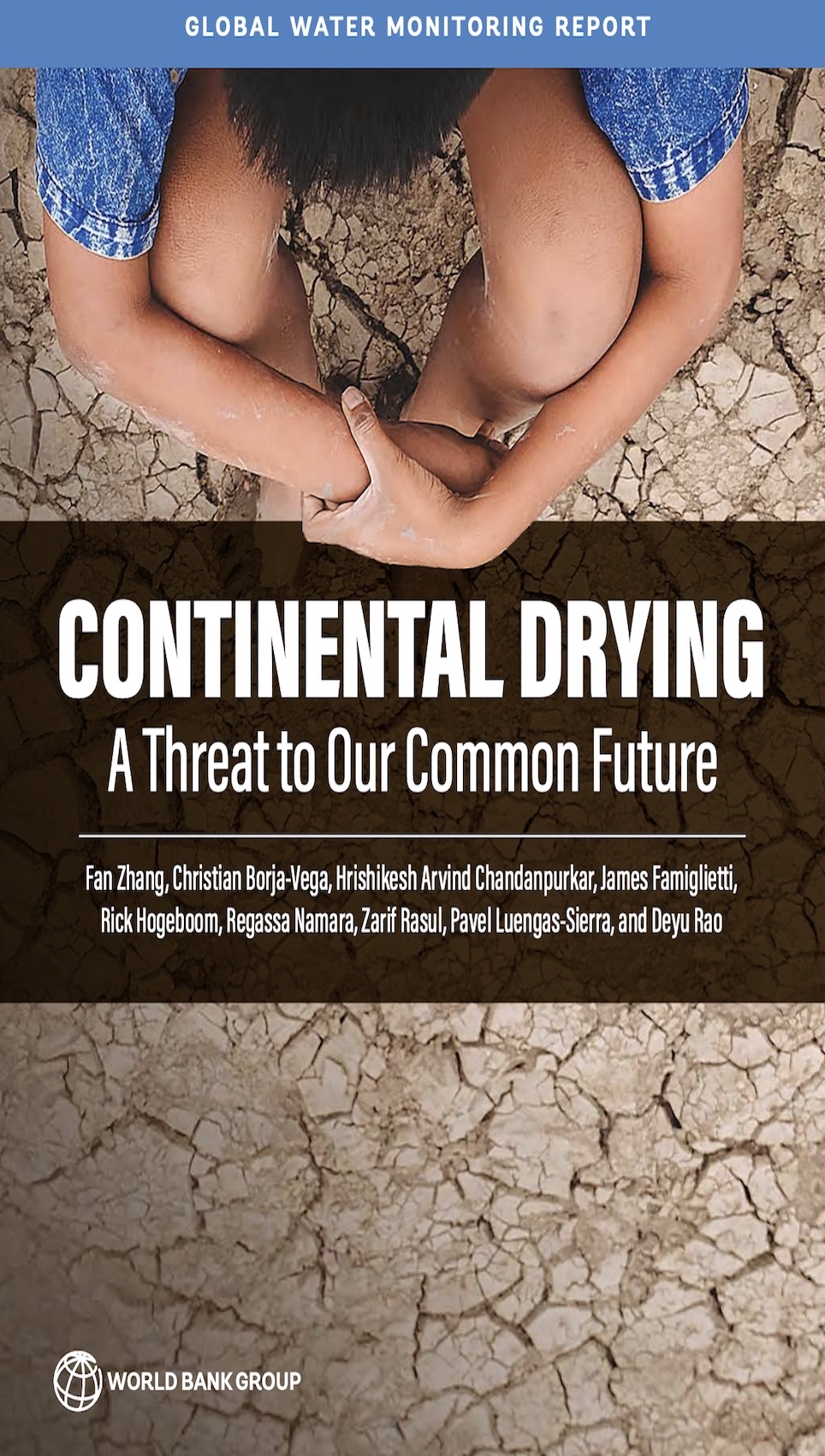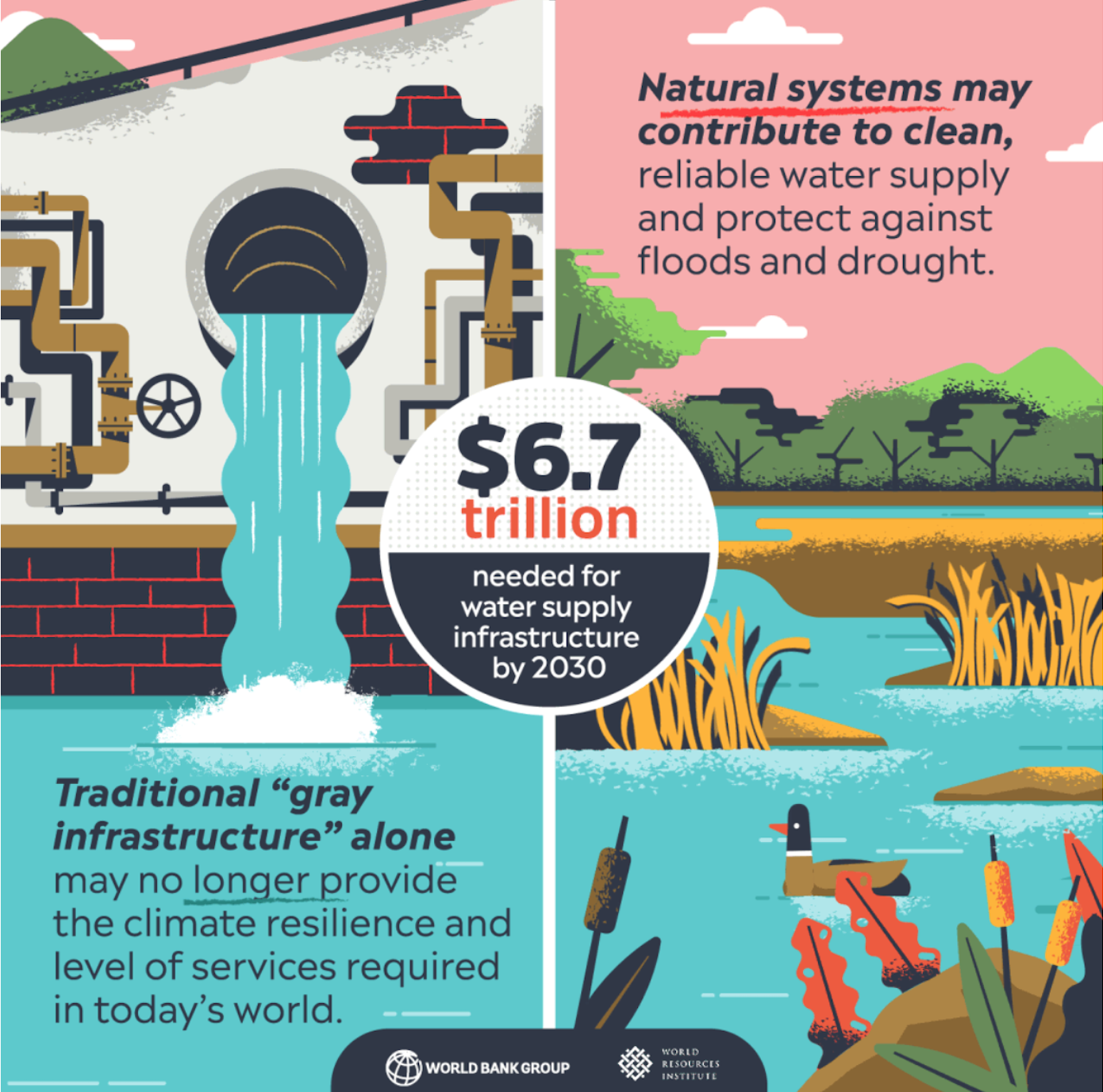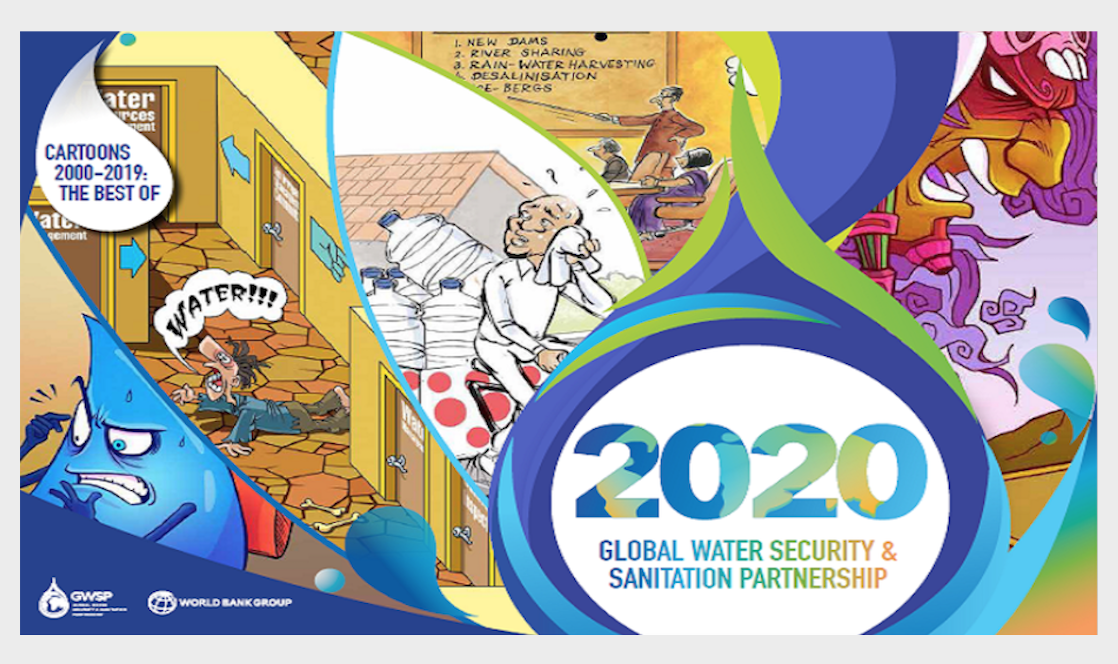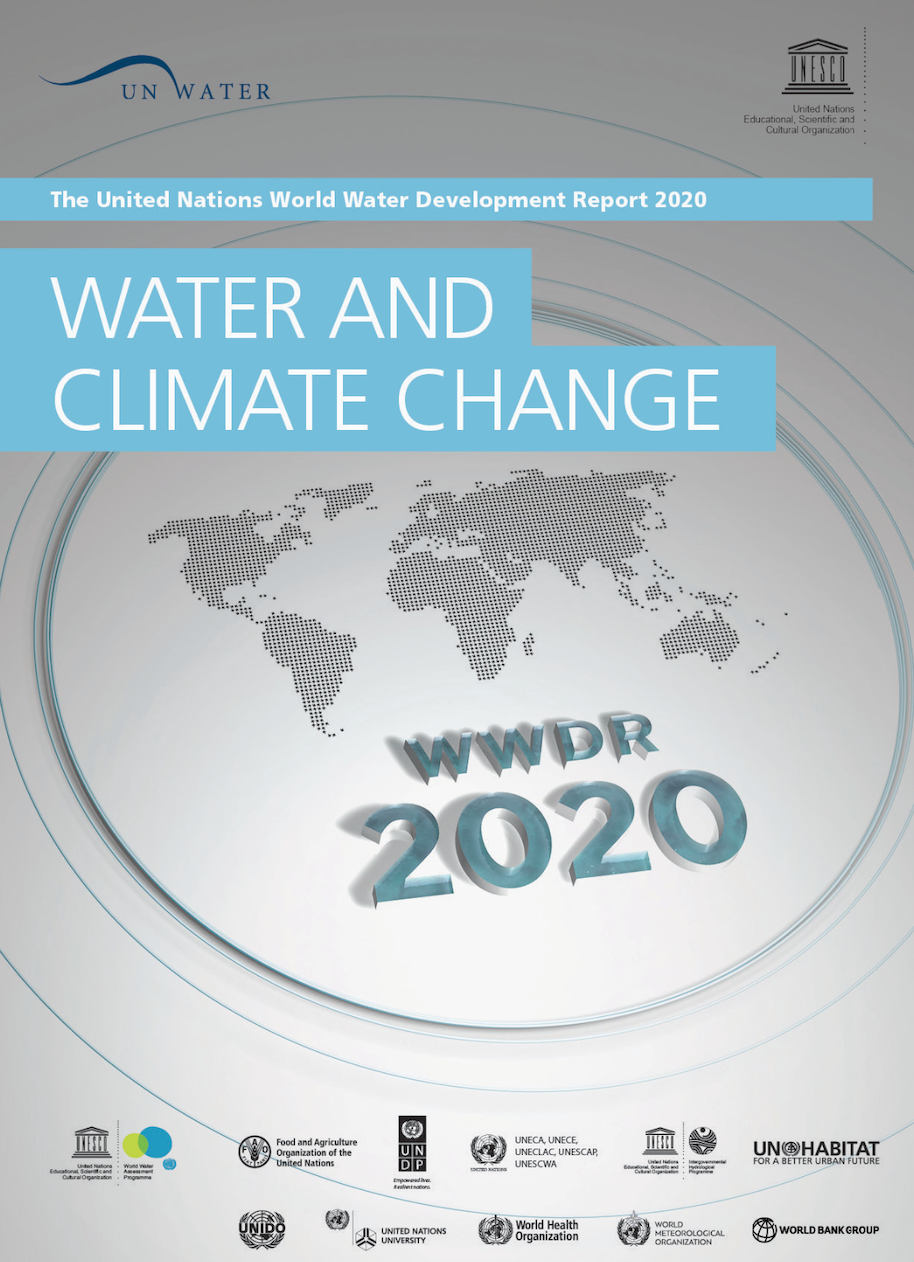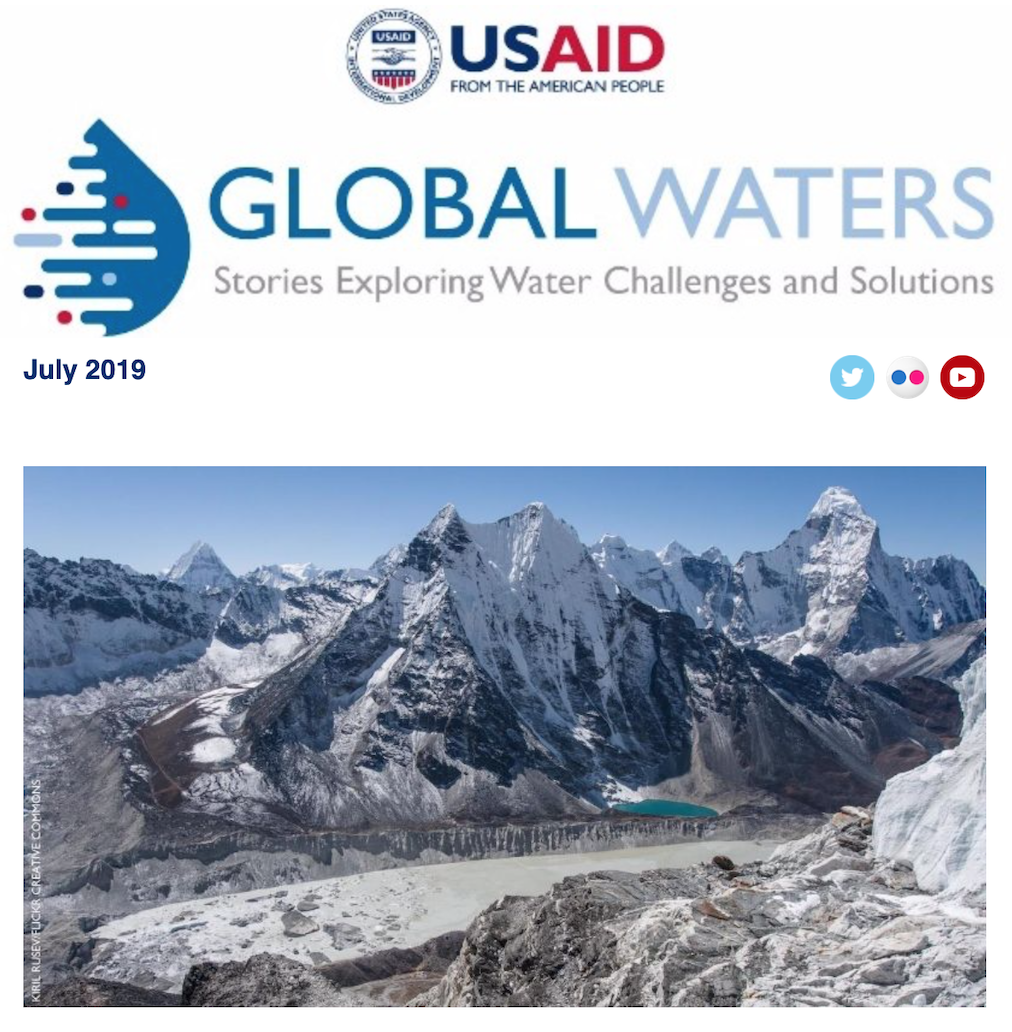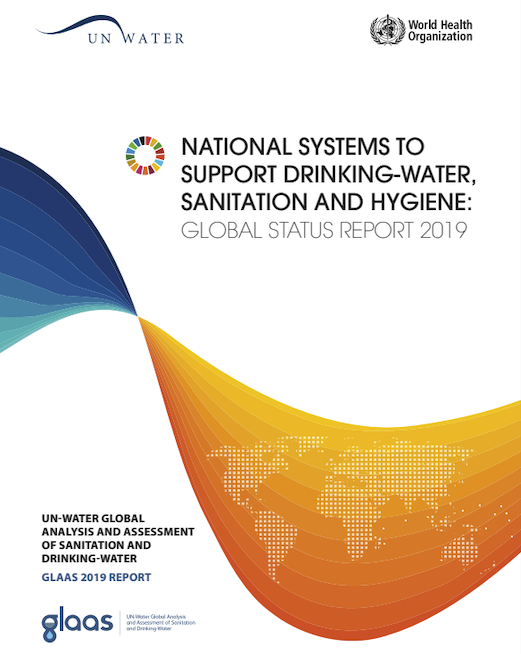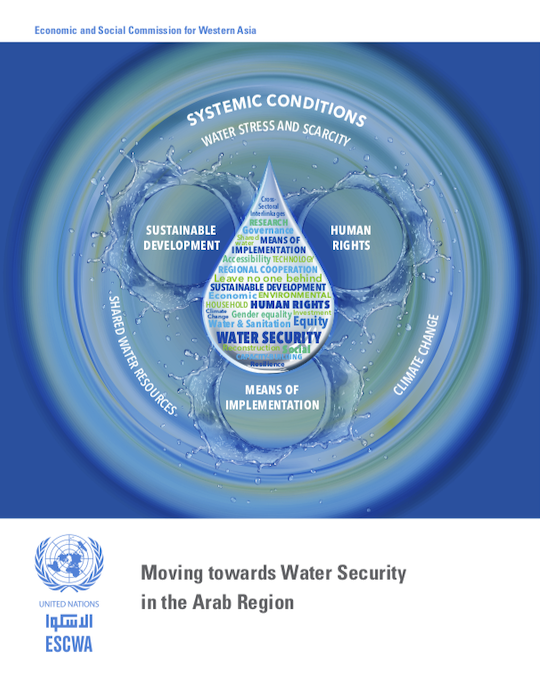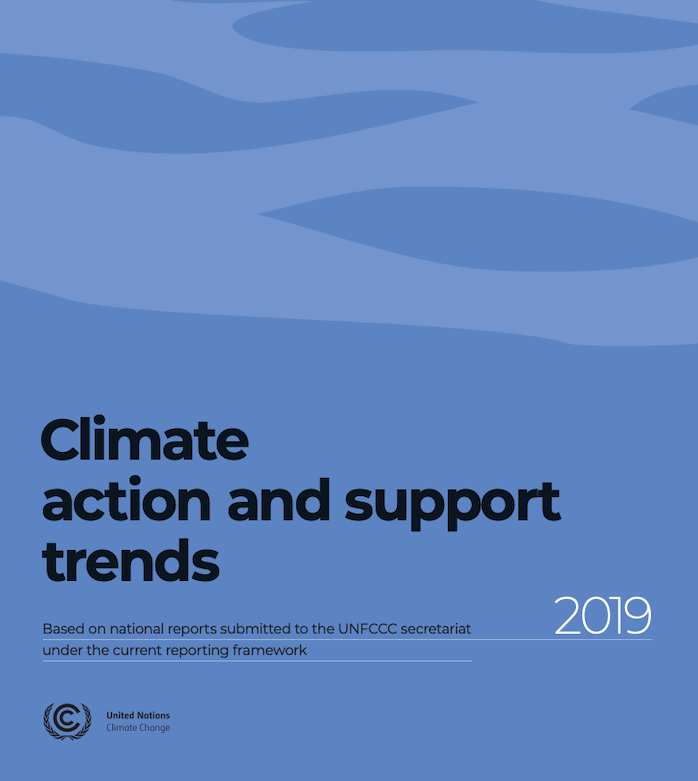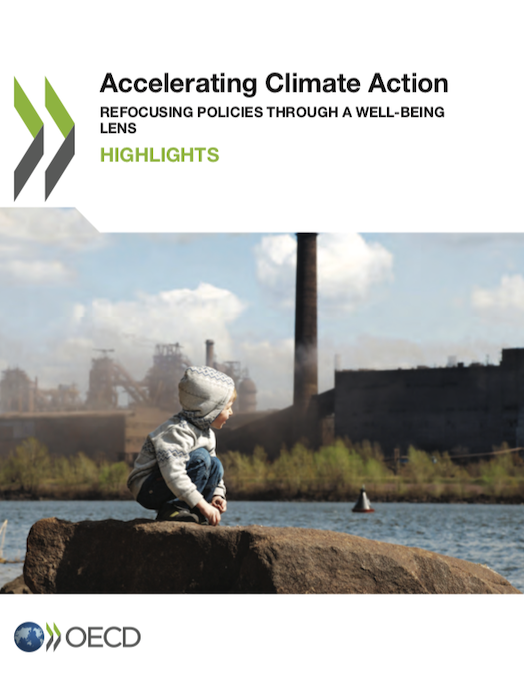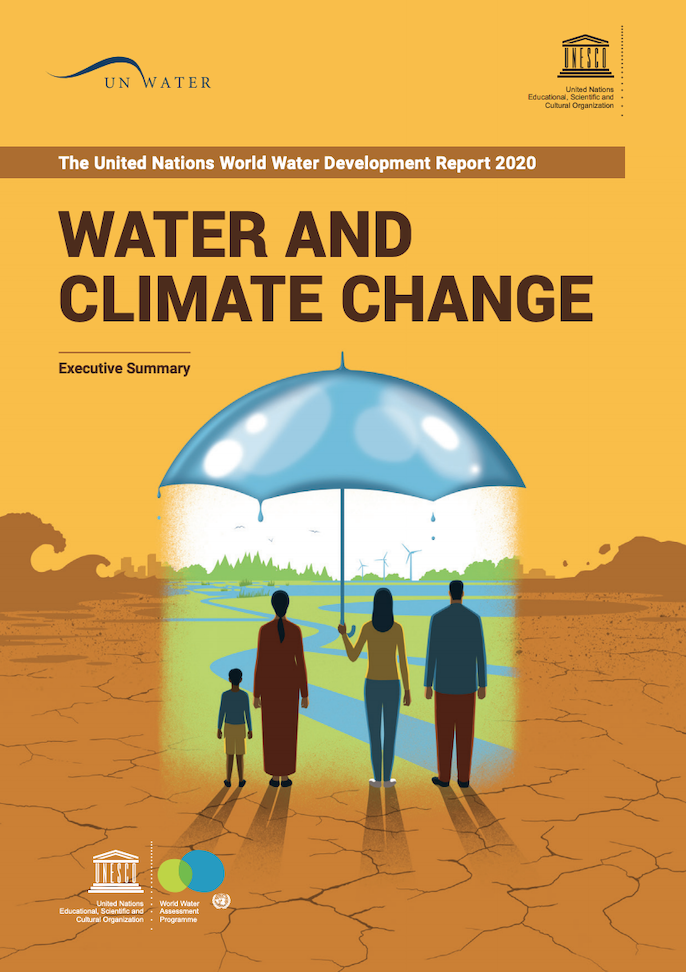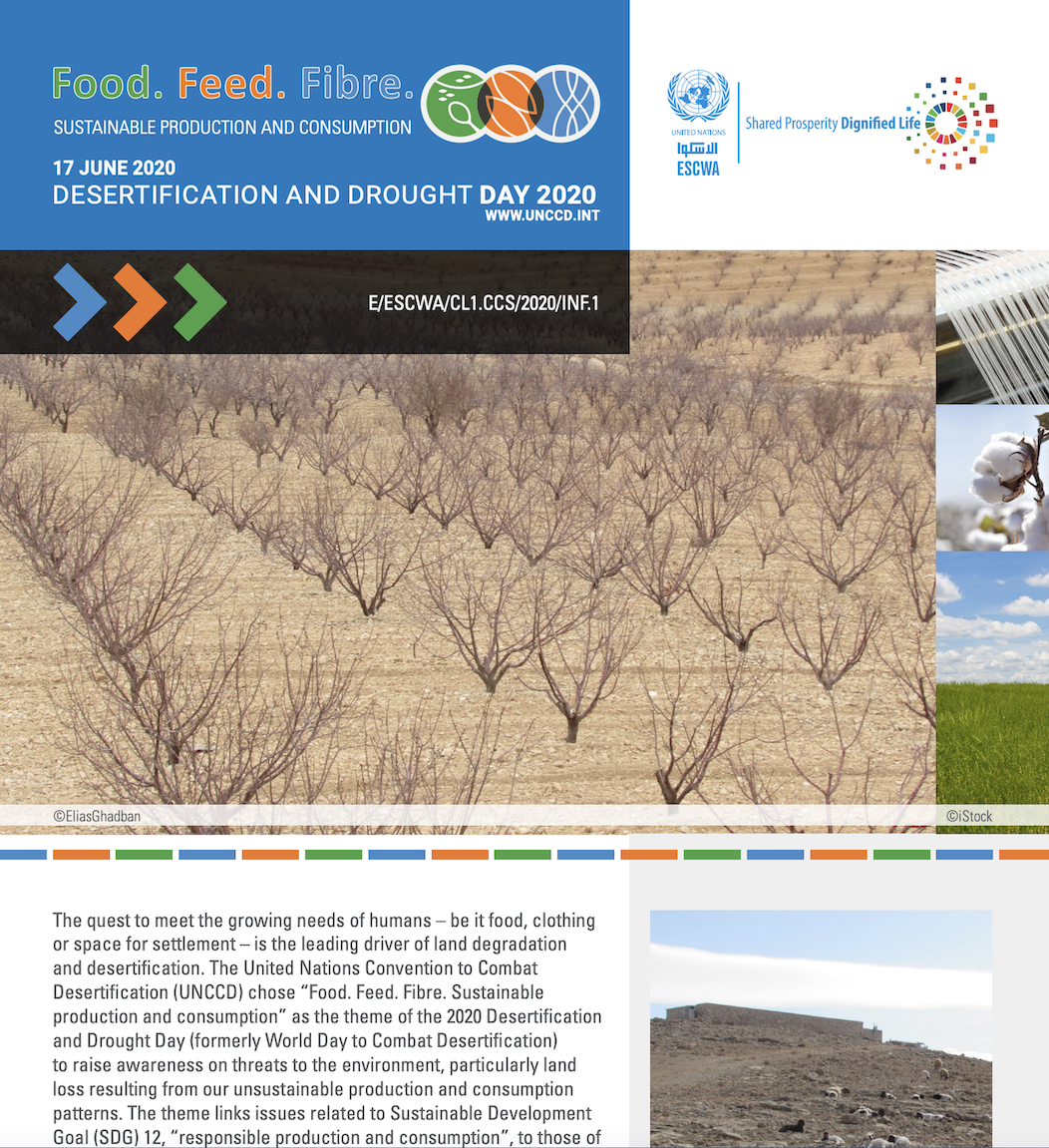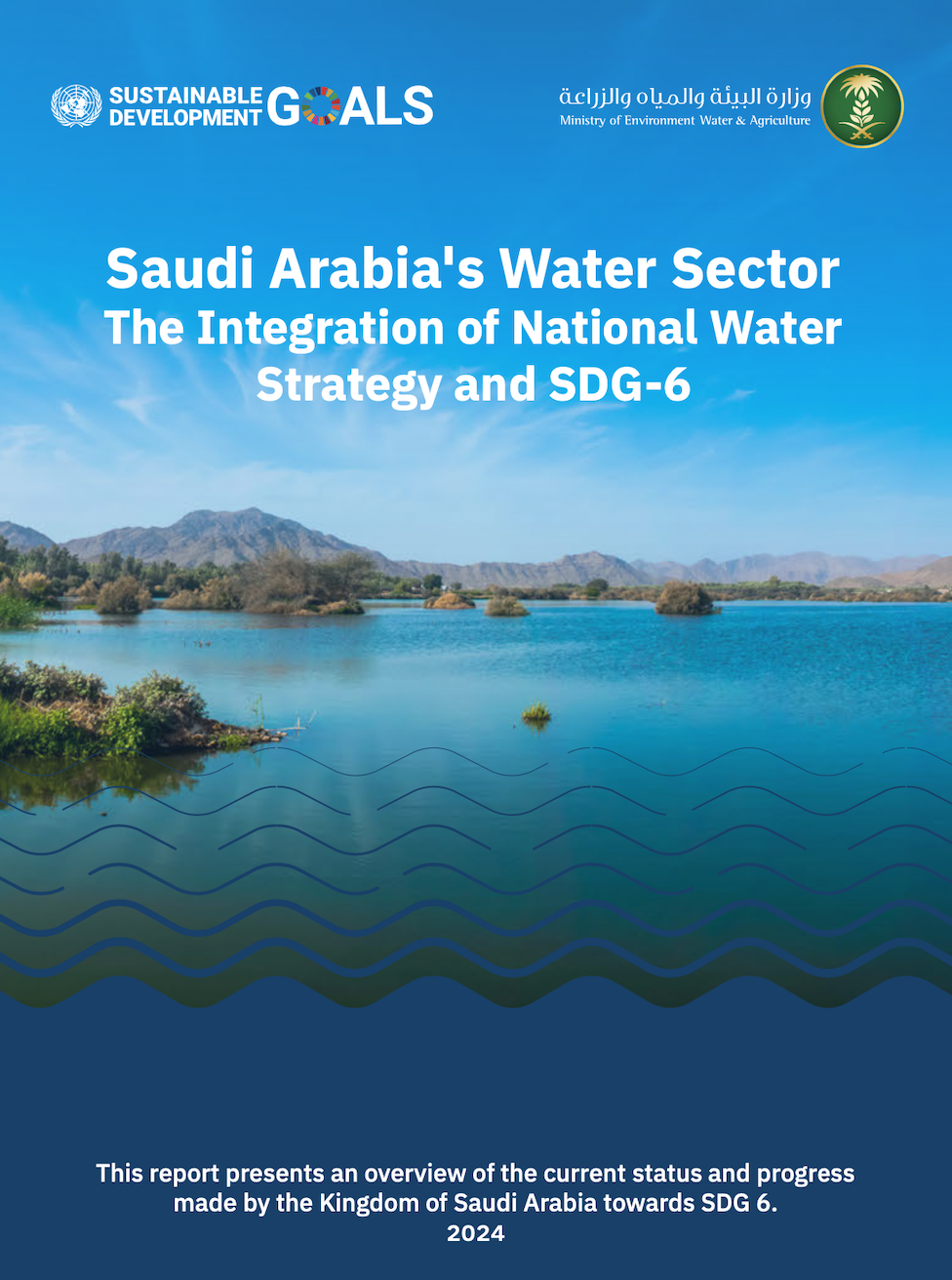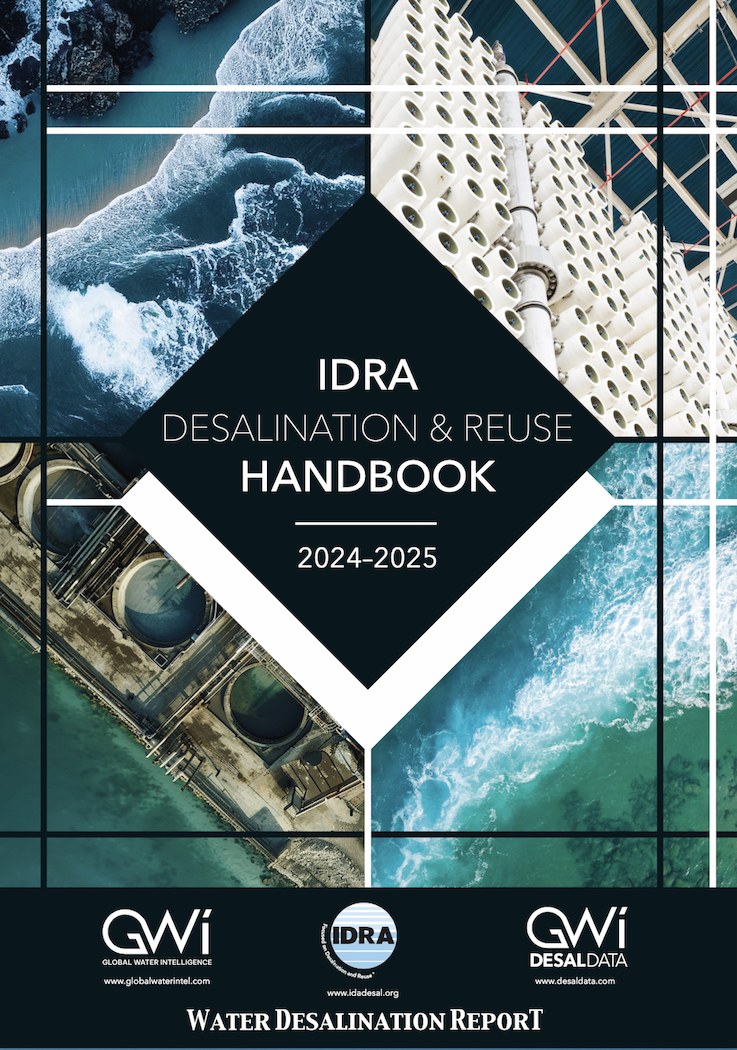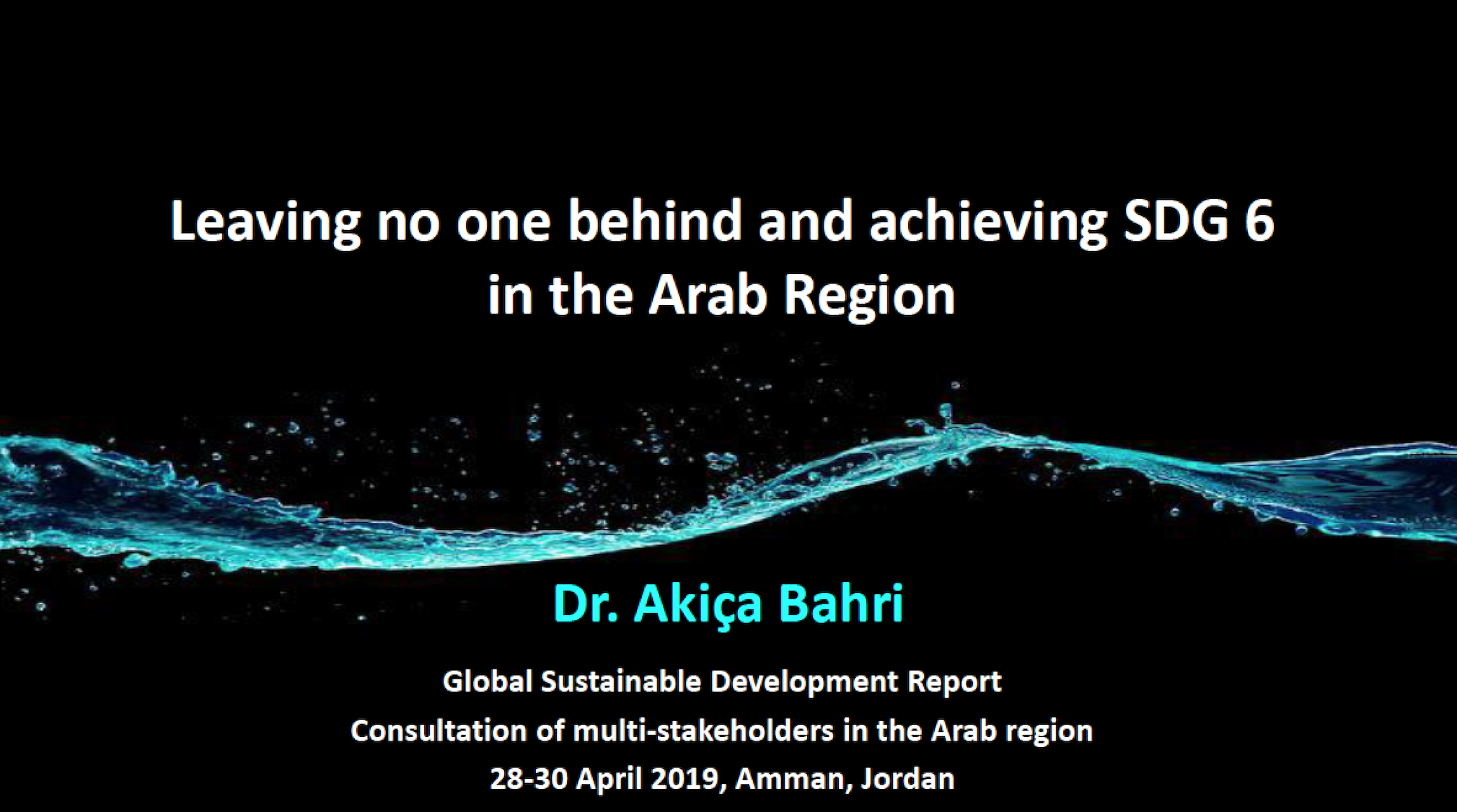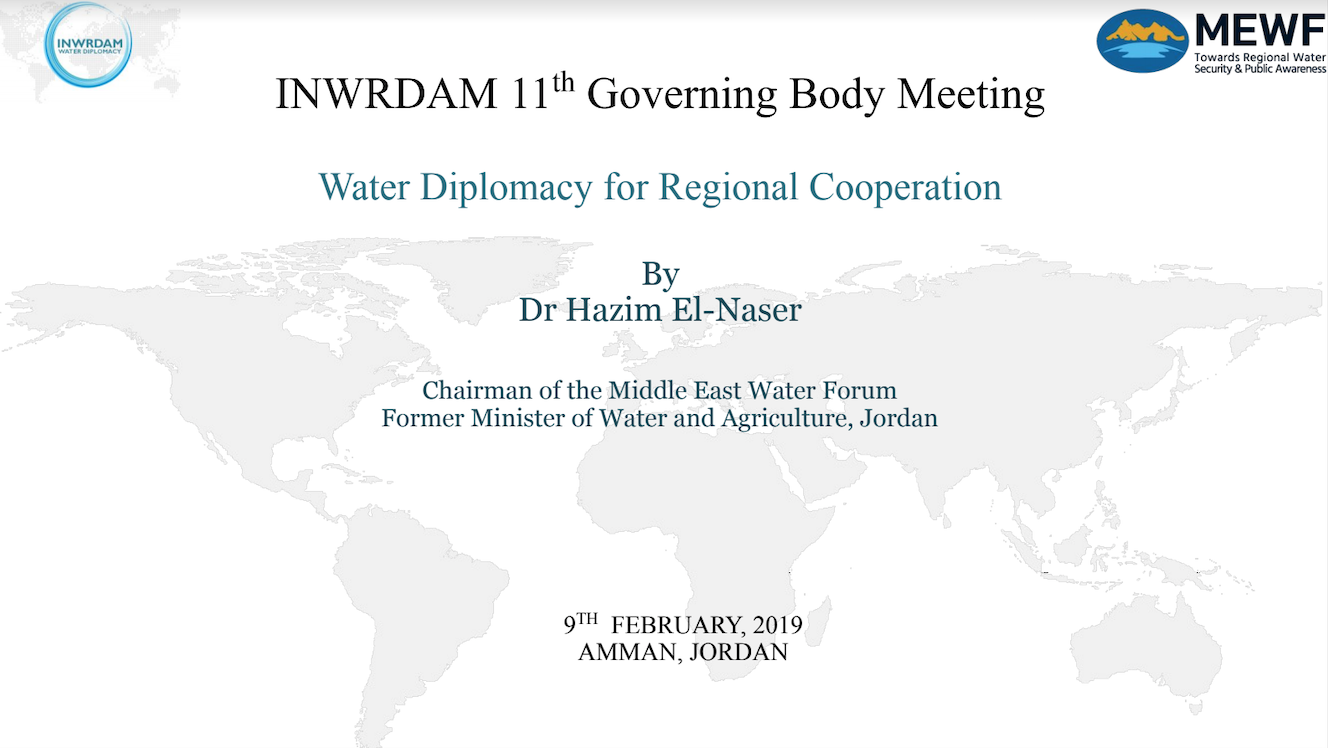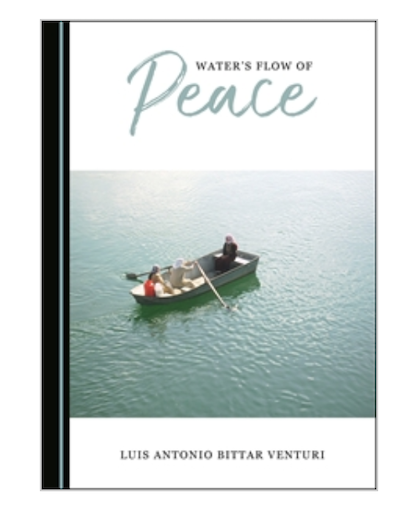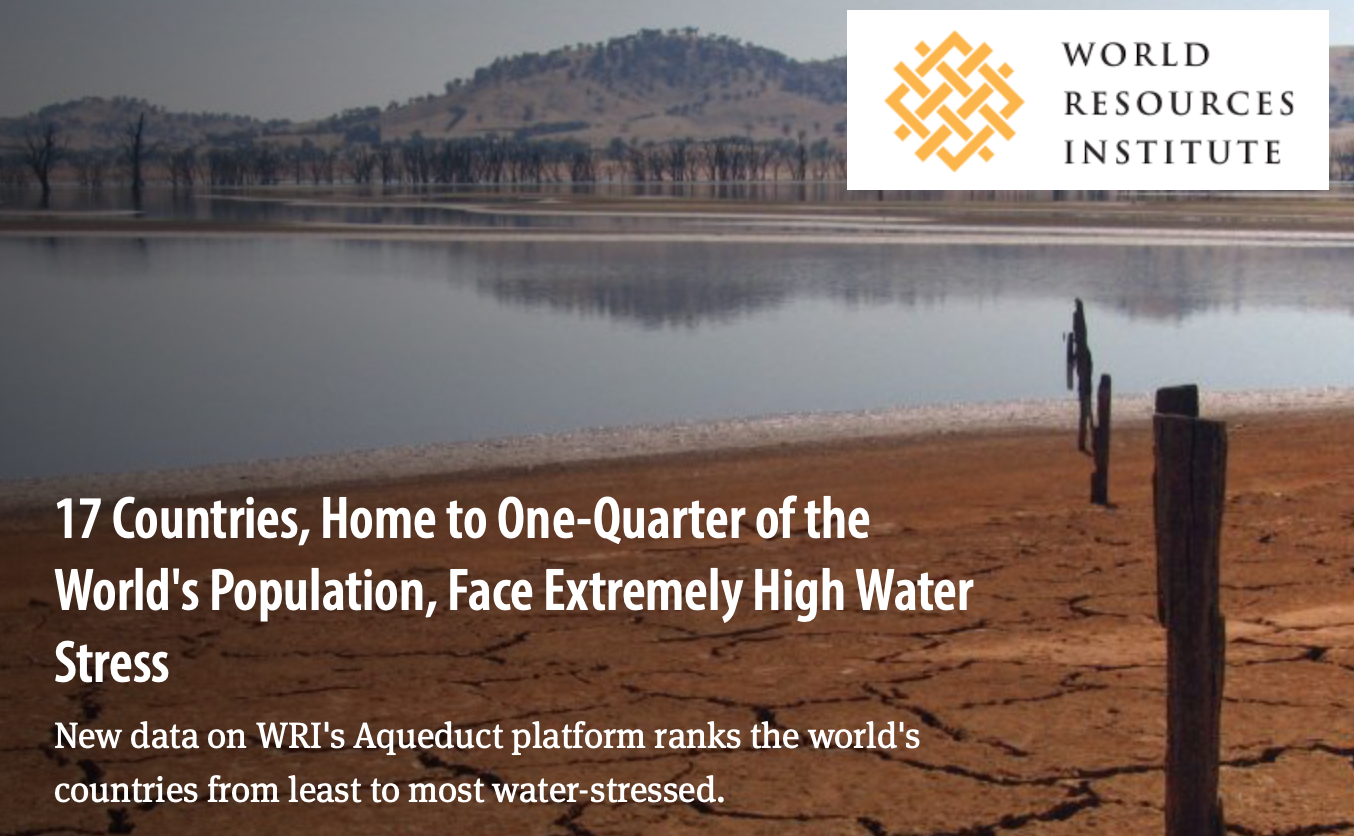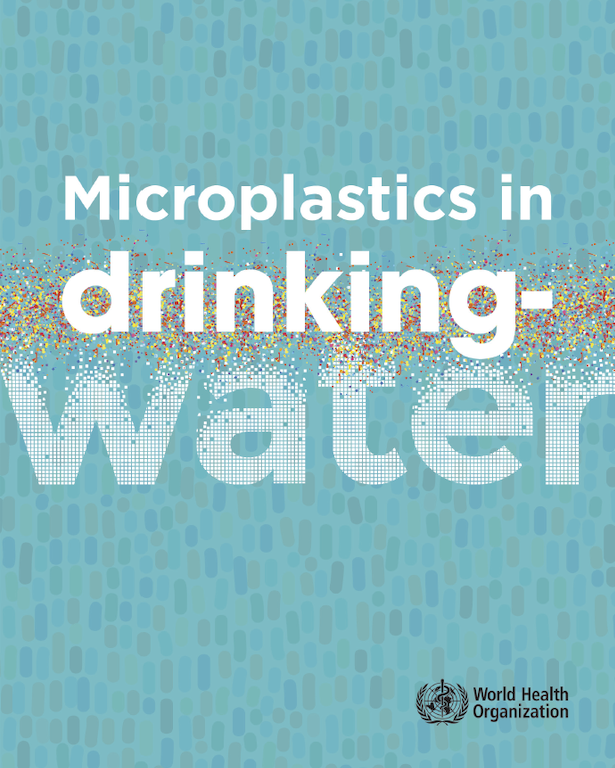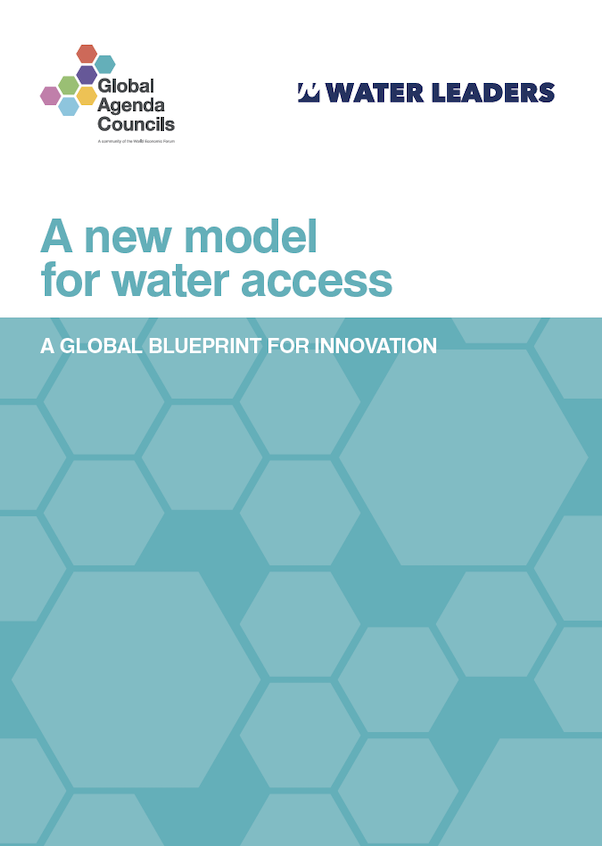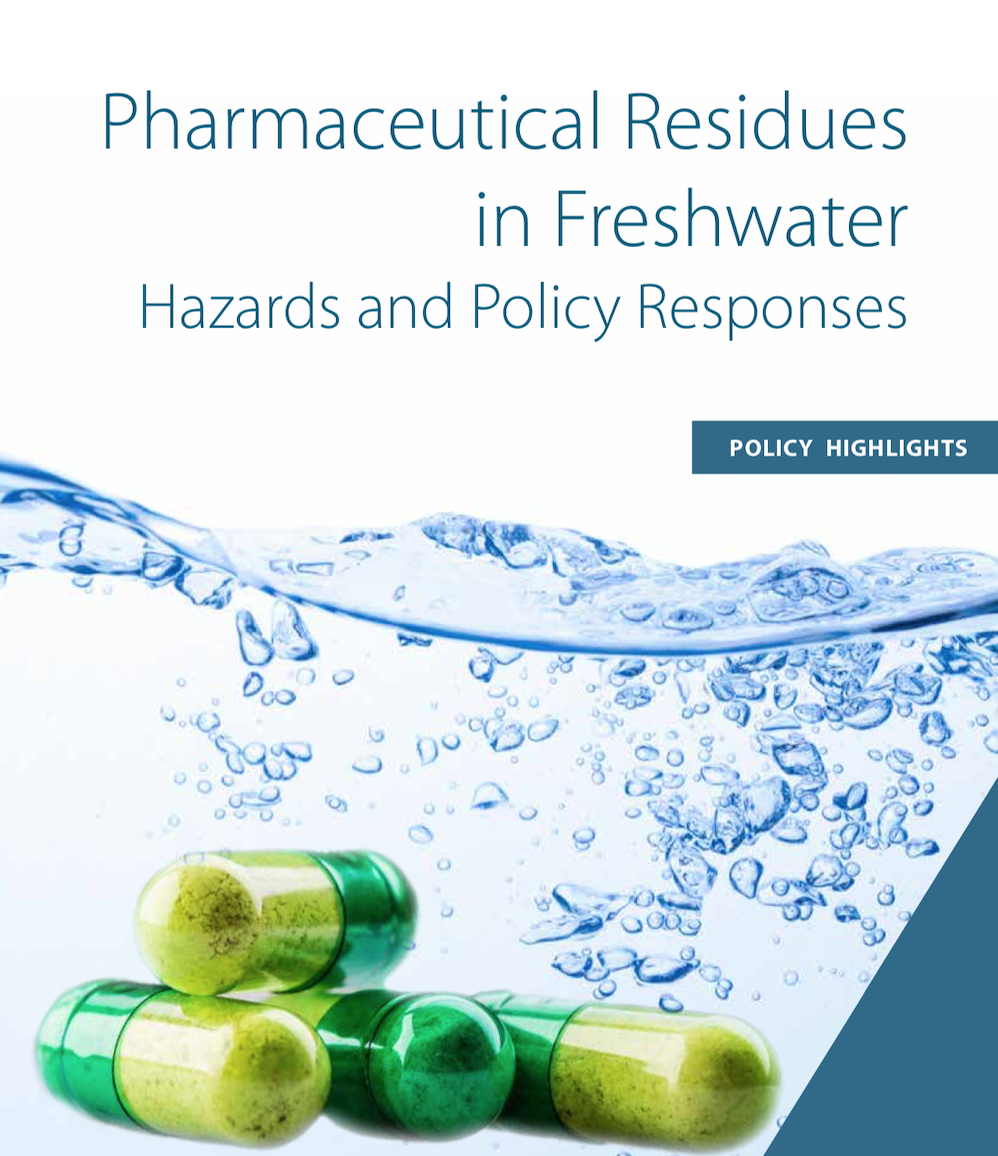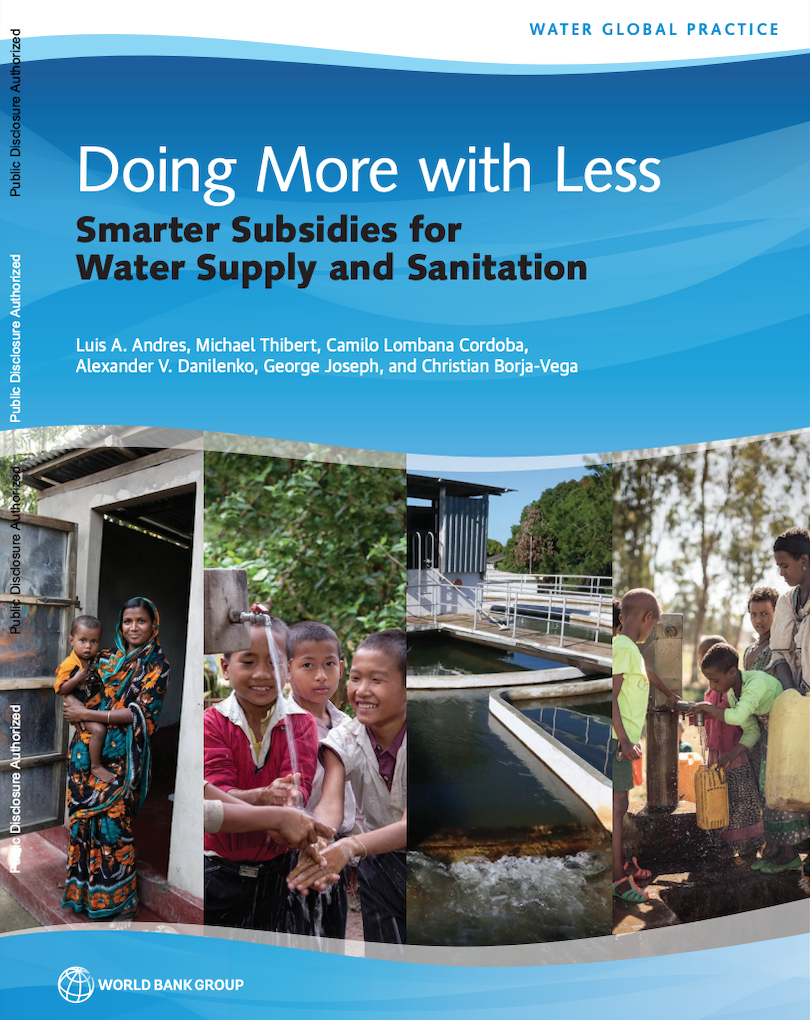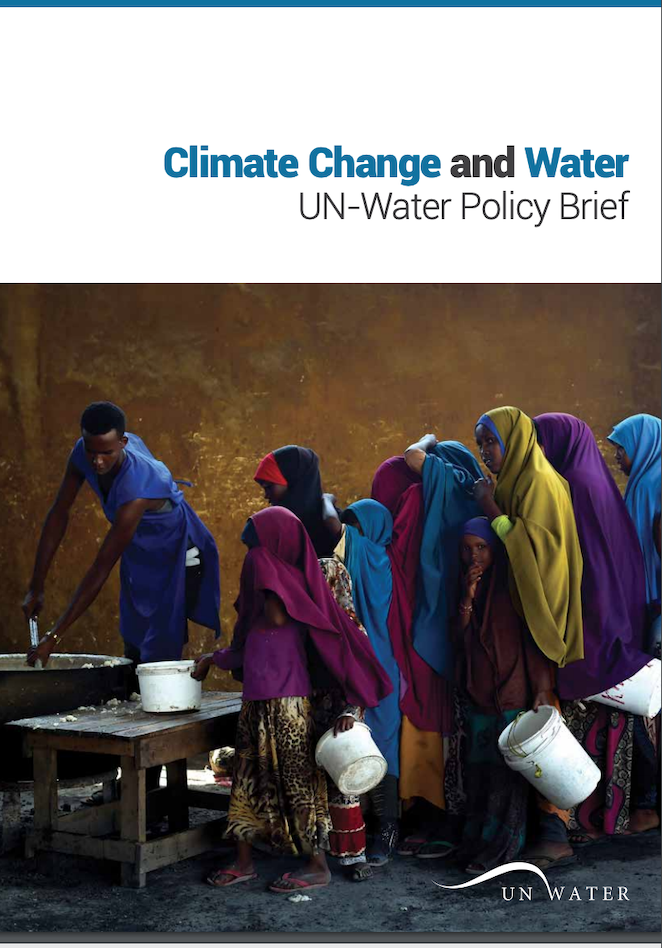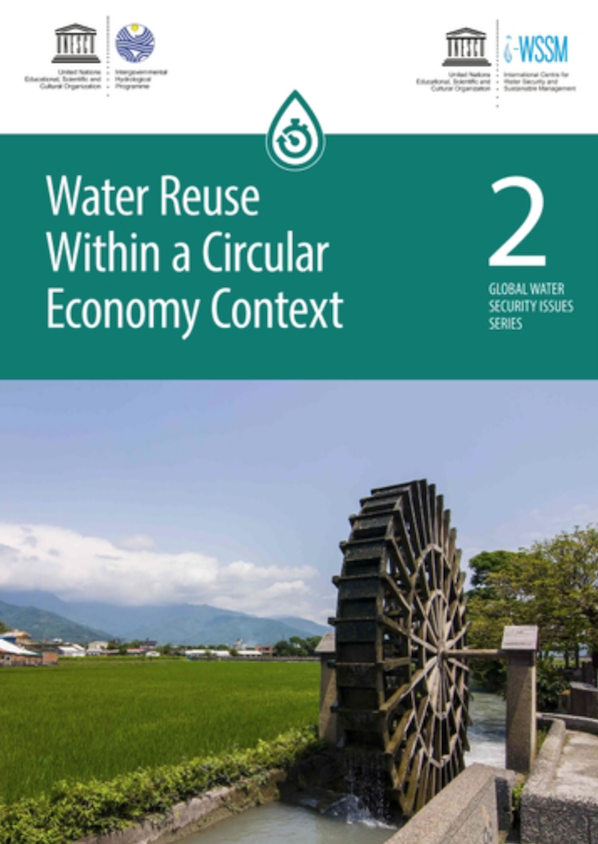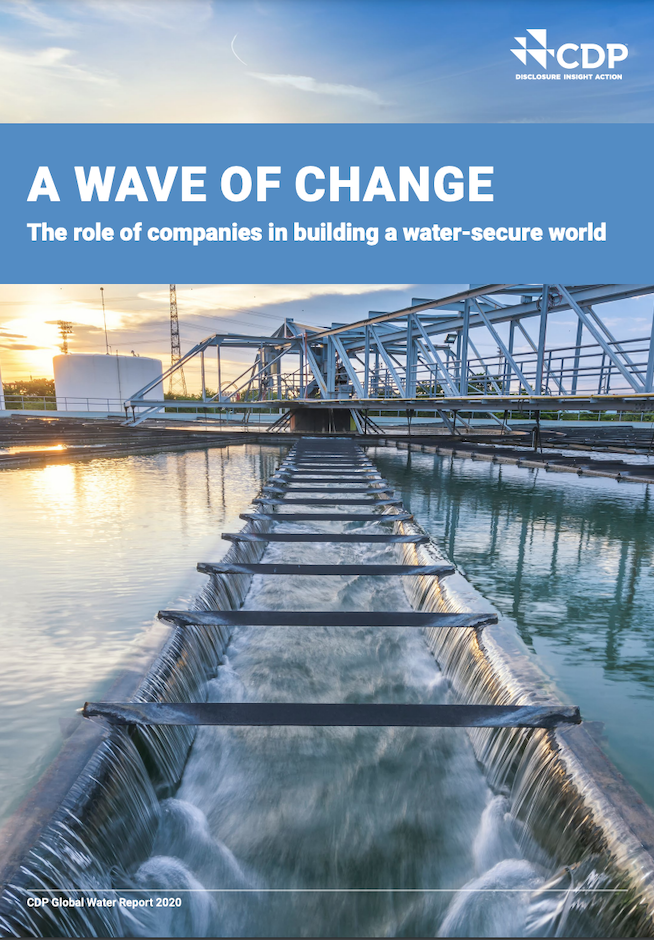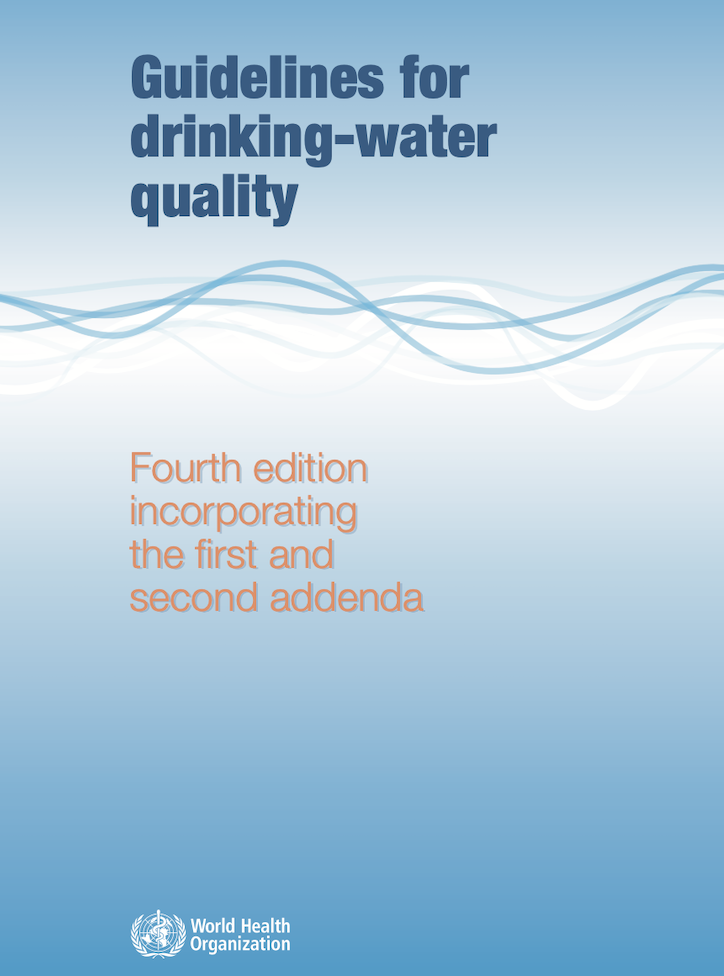
Aquifer contract: New mode of sustainable groundwater governance
By: Eng Charafat Afailal
Former Minister in Charge of Water, Morocco
Former member of Moroccan’s house of representatives (Moroccan Parliament)
charafat@gmail.com
Groundwater resources are considered strategic resources due to their role as an important source of drinking water for a large population, their role in supporting socio-economic sectors including agriculture, industry and tourism, and their functions as main sources of water in drought or scarcity situations.
The strong pressure exerted by human and economic activities on groundwater resources in various parts of the world often causes overexploitation of these resources. Increased demand frequently results in alarming levels of overexploitation, which jeopardizes, not only the sustainability of these reserves and the needs of future generations, but also the food and water securities for the present population. Moreover, the management and use of these reserves are often sources of conflict between users and managers.
The groundwater management tools and models put in place around the world have mainly involved the implementation of rules that strengthen control measures, including the mobilization of Water Police and the introduction of regulation policies, such as the levying of water fees, and authorization and permission requirements. This approach has shown its weaknesses and its impacts remain limited. Thus, it is imperative to review groundwater governance by developing a new approach and a new mode of management to guarantee sustainability and equity in these resources.
This approach should be based on commitment, participation, and accountability of stakeholders, favouring dialogue and consultancy in a negotiated contractual framework.
In this context, the Aquifer Contract, or aquifer agreement, is a financial and technical agreement between relevant partners, concerted and sustainable at the level of a coherent hydrographic unit. This approach could constitute a new efficient model of groundwater governance that has shown conclusive results in some parts of the world, especially in Morocco.
 dr-jarrah-alzubi-2
dr-jarrah-alzubi-2
 eng-hassan-aboalnaga
eng-hassan-aboalnaga
 johans-kohl
johans-kohl
 dr-hazim-el-naser-1
dr-hazim-el-naser-1
 dr-hazim-el-naser-1
dr-hazim-el-naser-1
 dr-hazim-el-naser-1
dr-hazim-el-naser-1

